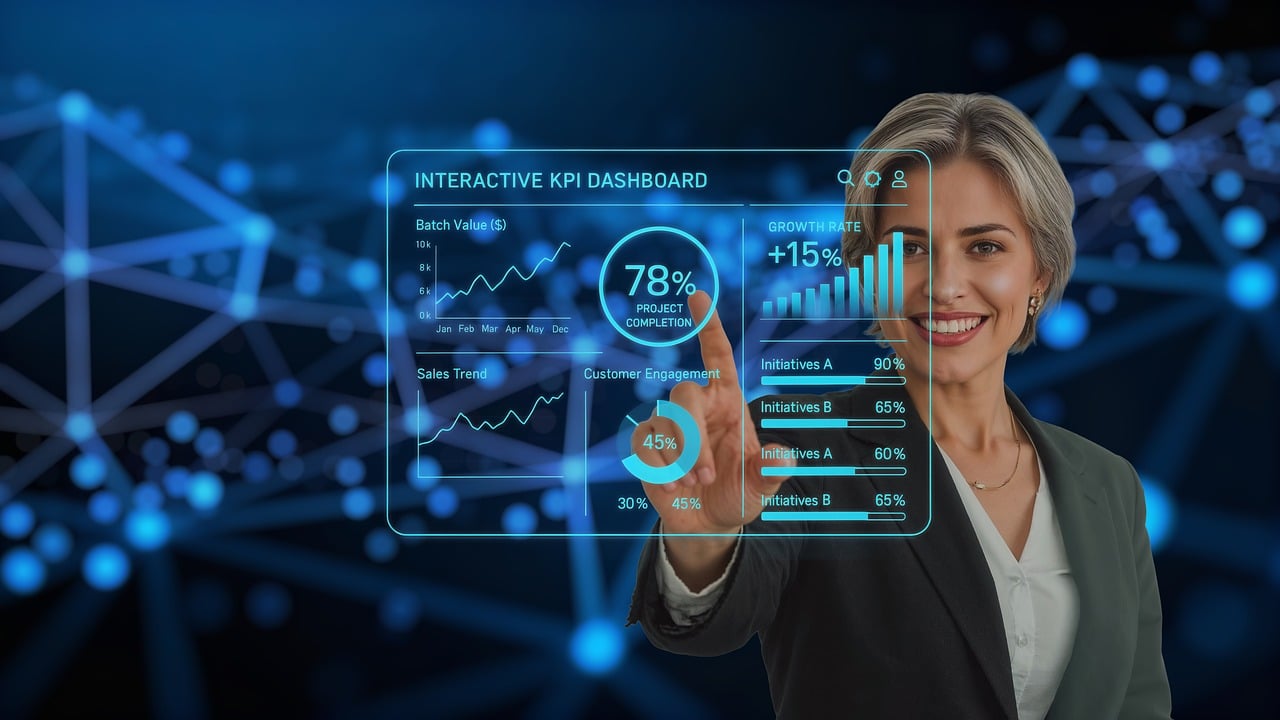Software testing is entering a new era. With AI and ML now embedded into development and deployment cycles, traditional manual testing is gradually being replaced by autonomous quality assurance systems.
If you’re involved in testing or development in Chennai, India, or anywhere else, understanding this transformation is critical to staying relevant.
The Changing Landscape of Software Testing
Earlier, testers relied heavily on manual test cases and regression suites. But with rapid release cycles and distributed systems, manual testing alone is no longer enough.
A recent academic study notes:
“Large language models (LLMs) are starting to be profiled as one of the most significant disruptions in the field of software testing.”
This signals a shift toward more intelligent, proactive testing approaches.
Key QA Trends for 2025 and Beyond
Generative AI Test Automation
AI tools can now generate test code, create test data, identify missing scenarios, and even predict potential failure areas.
Shift-Left & Shift-Right Testing
Testing happens earlier in the development lifecycle (shift-left) and continues even after deployment (shift-right).
This ensures quality is built into the system, not inspected afterward.
Cloud-Native & Ephemeral Test Environments
Teams use containerized, on-demand environments that align with CI/CD pipelines. These environments are created temporarily, used for testing, and then destroyed automatically.
AI-Based Quality Analytics
Dashboards, anomaly detection, and predictive defect analytics help teams identify risks and prevent issues before they occur.
Tester-as-Developer Mindset
Modern QA roles require coding skills, CI/CD knowledge, architecture understanding, and active contribution within Agile teams — similar to developers.
The Skills That Matter
To remain relevant as a software tester, focus on:
-
Automation Frameworks: Selenium, Playwright, Cypress, enhanced with AI-based automation
-
Programming Skills: JavaScript, Python, or Java for script development
-
CI/CD & DevOps Awareness: Jenkins, GitHub Actions, Docker, Kubernetes
-
AI & Data Literacy: Metrics interpretation, anomaly detection, dashboard usage
-
Domain Understanding: Business logic, user flows, performance constraints
Why This Matters to Businesses
In India’s fast-moving IT industry, time-to-market is crucial. Bugs in production cost money, brand reputation, and user trust.
AI-powered quality analytics and autonomous testing can reduce cycle time, accelerate deployments, and improve reliability.
As living costs and competitive pressures rise in Chennai and other tech hubs, expertise in AI-driven QA becomes a major advantage for professionals and companies.
Final Thoughts
For those in Software Quality — or considering a career in QA — now is the moment to advance. Manual testing alone won’t meet industry needs.
Embracing autonomous AI-driven frameworks, improving your coding skills, and learning DevOps will position you strongly for the future of Quality Assurance.



